Authorities have moved to remove many obstacles for workers who want to become caregivers to address a shortage in the number of people looking after the elderly.
Among the obstacles targets are age limits, education requirements and restrictions related to hukou, or household registration status, officials said last month, citing the "strong, practical nature" of caregiving.
The change was spelled out in a recent guideline issued by the Ministry of Civil Affairs and 11 other central government organs. The new rules have technically opened up the sector to lesser-trained out-of-towners who have surpassed legal retirement age.
In China, male workers generally retire at age 60, and female workers at age 55. Both can retire even earlier if they work manual labor jobs.
While briefing reporters about the guideline late last month, Li Yongxin, deputy director of the ministry's elder care service department, vowed more vocational training would be offered to equip potential caregivers with necessary skills.
Officials are also working on an eight-tier professional title system to grade capable workers, similar to one that exists for white-collar workers, he said.
"The accreditation will serve as an important reference to determine their pay," Li said.
Despite caregiving often involving tasks such as changing urine-tainted sheets and helping those with mobility issues bathe, such workers tend to be underpaid and have to work overtime.
The lack of a certification system for professional skills meant there was no basis for promotions or pay raises, creating problems for employers willing to pay more to hire more skilled workers.
As a result, most of the posts are taken by middle-aged women from rural areas who work under short-term, informal conditions in cities to help out with family expenses.
"Many are unlikely to work in cities in the long run because social security protection for out-of-towners is scarce," said Fang Jiake, who owns a nursing home in Tianjin.
In 1995, Fang bought a disused hospital in the city and turned it into a nursing home. The 68-year-old was among the first to promote eight-hour workdays in the sector, which is notorious for grueling working hours because many elderly people require around-the-clock care.
Fang said for-profit nursing homes usually maximize their profit margins by exploiting caregivers and forcing them to work long hours.
"I embraced the eight-hour workday when I entered the sector, not only for those office workers but also for those changing sheets for disabled elderly people. That has won me a lot of support from my employees."
China's 30 million caregivers, according to the Ministry of Commerce, is 20 million shy of actual market demand.
Earlier this month, the National Bureau of Statistics disclosed fresh population data, which showed that nearly 300 million people, or 21 percent of the population, were age 60 or older by the end of last year. That is almost 90 million more than a decade ago.
A 2015 nationwide survey found that China had more than 40 million disabled or semi-disabled people who needed intensive care. Experts estimate that number could surpass 77 million by 2030.
The demand for care is still higher for some of China's wealthiest cities, such as Shanghai, where authorities said recently that 36 percent of its permanent residents were age 60 or older by the end of 2022.
Meanwhile, the country's working age population, defined as those between age 16 and 59, was 864 million last year, down from 915 million in 2014, it said.
About 20 million Chinese retire every year. In particular, those born in the 1960s have begun to depart the workforce in large numbers in recent years, according to the Ministry of Human Resources and Social Security.
Under the current legal framework, the retirees have problems opening social security accounts or signing formal employment contracts with their employers due to age restrictions, leaving them vulnerable to labor abuse.












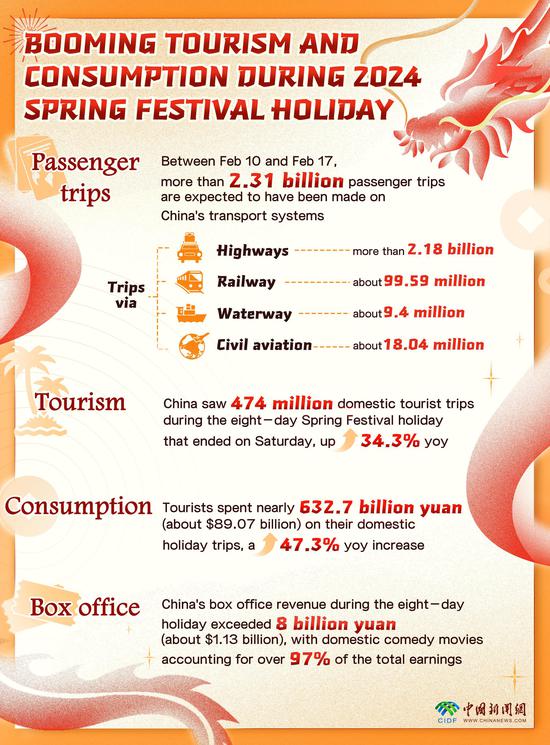



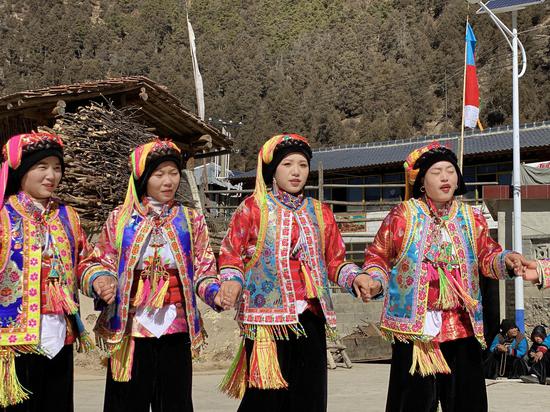






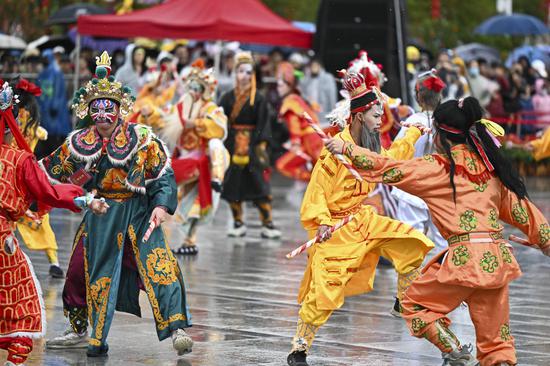

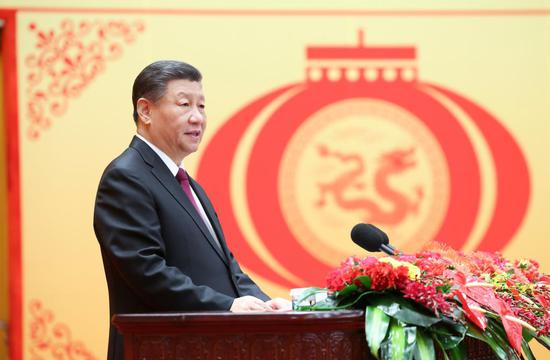












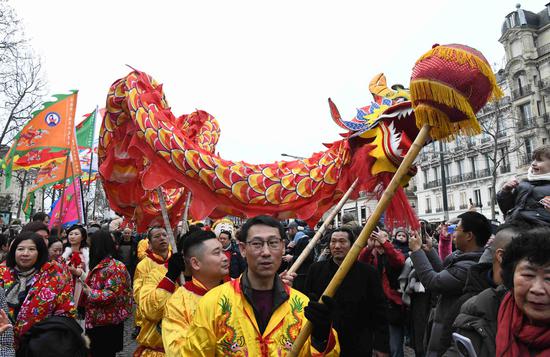
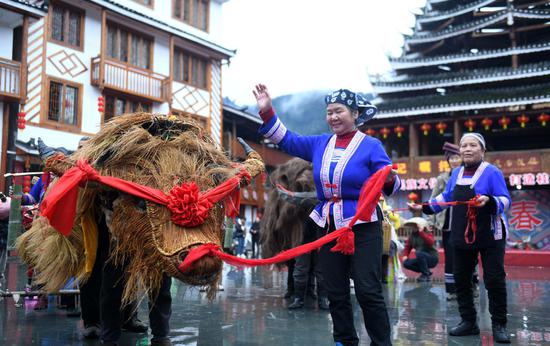



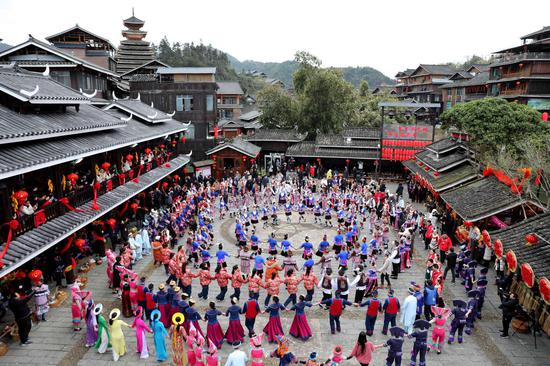






 京公网安备 11010202009201号
京公网安备 11010202009201号